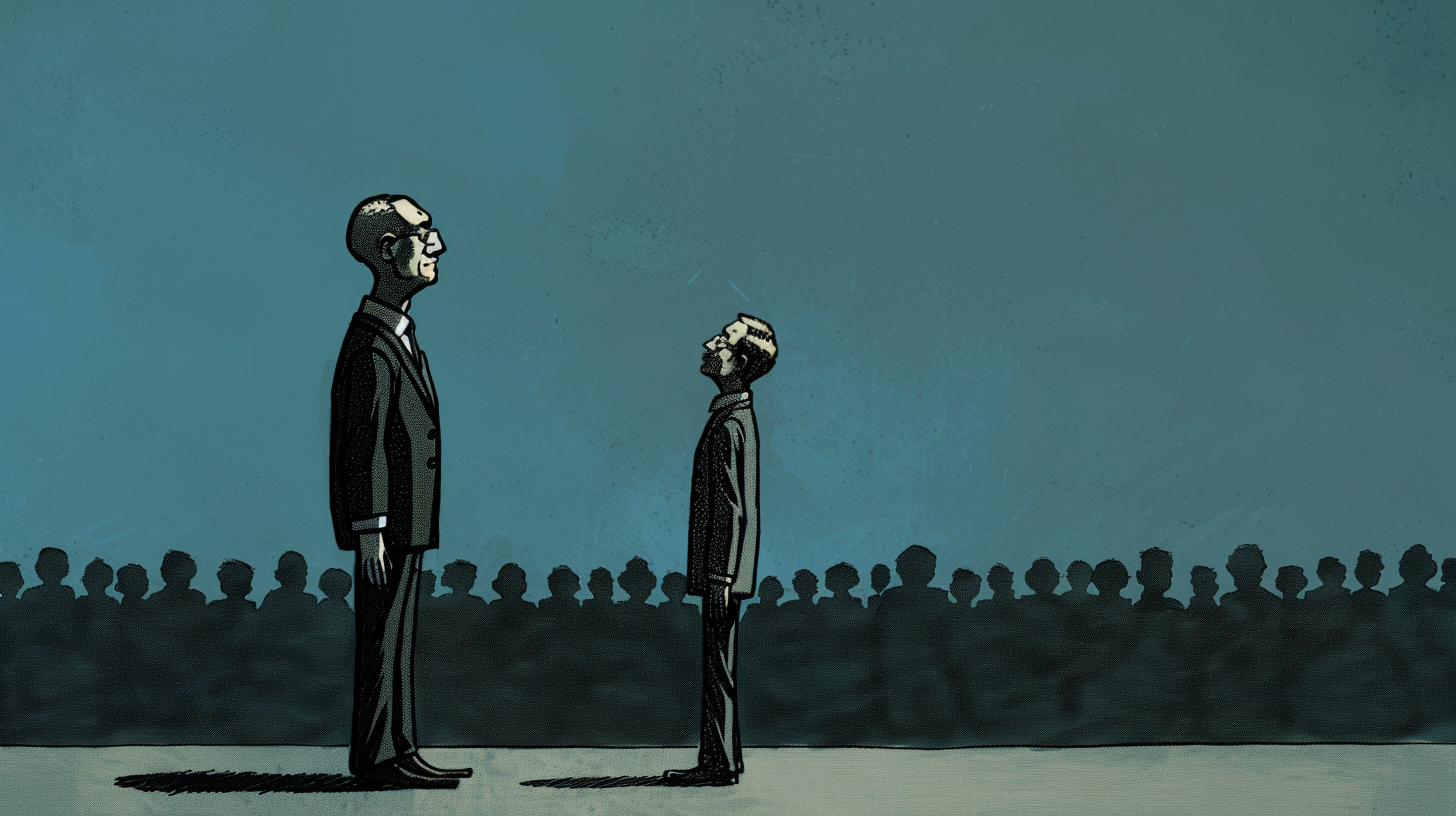Last updated on June 25th, 2024 at 09:10 am
- Driving The News: Prasit Chai Noonwal criticizes doctors’ petition to reclassify cannabis as a narcotic, suggesting a public debate based on facts.
- Why It Matters: The debate over cannabis regulation impacts public health policy, economic interests, and societal attitudes towards cannabis.
- The Big Picture: Prasit Chai emphasizes the need for evidence-based policy-making, challenging the approach of using signature campaigns to determine cannabis regulation.
BANGKOK, THAILAND – PRASIT CHAI NOONWAL, Secretary-General of the “Write the Future of Thai Cannabis” network, has publicly criticized a recent petition by doctors to reclassify cannabis as a narcotic. The petition, signed by 100,000 individuals, was submitted to Health Minister SOMSAK THEPSUTHIN. Prasit Chai argues that policy decisions should be based on factual evidence rather than the number of signatures collected.
In a Facebook post, Prasit Chai questioned the validity of using a signature campaign to determine the appropriateness of cannabis policies. “Should we really base our policy decisions on how many signatures we can collect? If so, I can easily gather two million signatures from cannabis users and tens of thousands from patients who use cannabis for medical purposes,” he stated.
He challenged the petitioners to engage in a public debate, emphasizing the importance of transparency and factual accuracy in policy-making. “We should not rely on the opinions of those who have never grown, used, or researched cannabis comprehensively. Let’s have a public debate to allow everyone to see who is providing the public with truthful information,” Prasit Chai suggested.
Prasit Chai also criticized the involvement of young people in the petition, accusing them of being influenced by “outdated doctors” and urging them to focus on factual evidence. He proposed the establishment of a joint committee to study all aspects of cannabis, ensuring that policies are informed by thorough research.
The controversy highlights a broader debate about cannabis regulation in Thailand. Prasit Chai and other advocates argue for a balanced approach that considers both the medical benefits and potential risks of cannabis. They call for policies that support safe and regulated use rather than reverting to criminalization.
In response to the petition, Prasit Chai emphasized the need for patience and collaboration. “We must use our knowledge and cooperate to develop appropriate policies,” he said. He also noted that the process for reviewing public opinion on drug policies, including the status of cannabis, is ongoing and will be comprehensive.
Prasit Chai’s call for a public debate underscores the importance of evidence-based policy-making and transparent discussions about the future of cannabis regulation in Thailand.
Contributing Sources: Naewna
